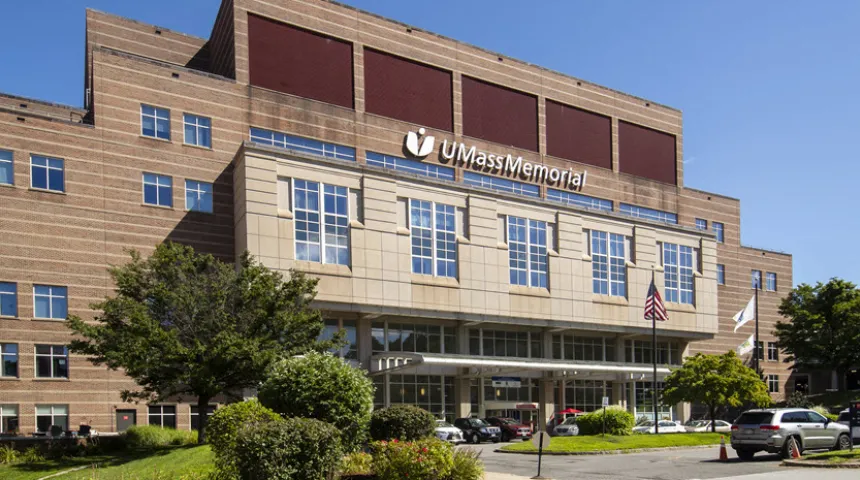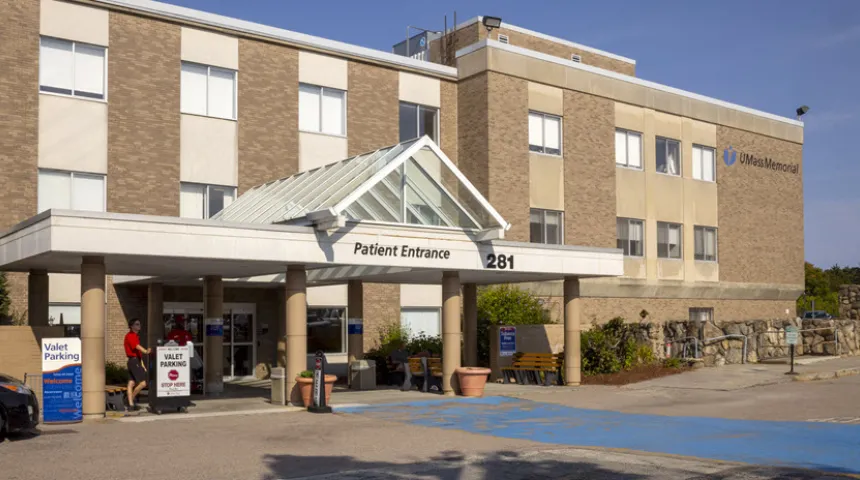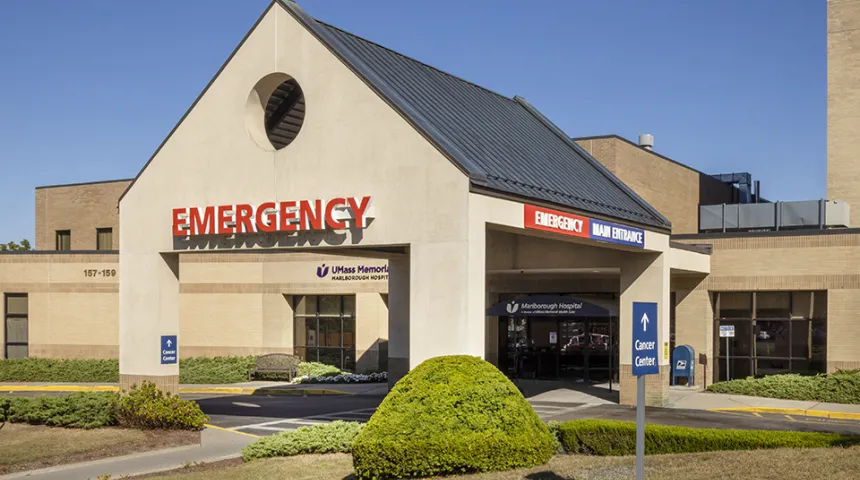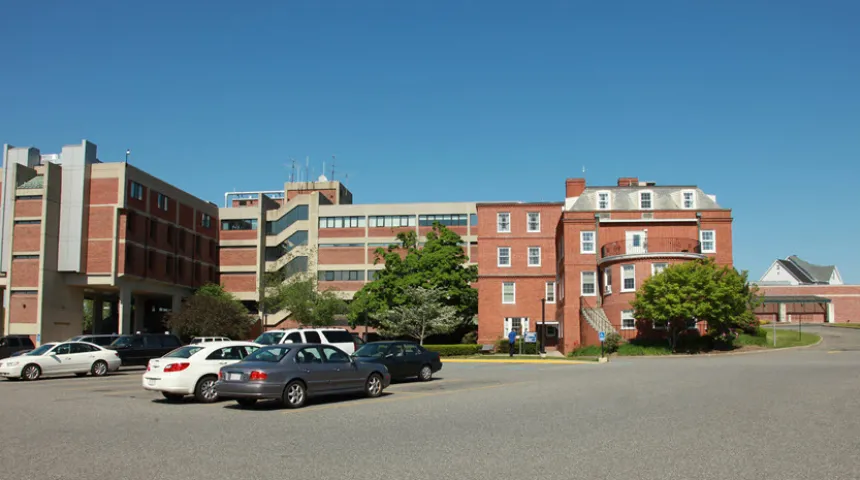Vascular Interventional Radiology
Interventional radiology procedures at UMass Memorial Health help many people get relief from complex vascular conditions without surgery.
Why Choose Us for Vascular Interventional Radiology?
Demonstrated Expertise
UMass Memorial vascular interventional radiologists trained at some of the nation’s leading institutions, bringing world-class care to Central Massachusetts and beyond. They stay current with the latest research-based methods and hold themselves to the highest standards. This level of service helps our patients consistently achieve outstanding results.
Comprehensive Approach
We typically perform vascular interventional radiology procedures on an outpatient basis, enabling you to return home within hours. Our specialists also provide follow-up care, so you receive more services from providers you already know and trust.
Coordinated Care
Vascular interventional radiologists communicate with primary care providers and other referring physicians to provide seamless services. This collaboration includes timely updates about your diagnosis or treatment response. In some cases, we are part of a multispecialty team and meet regularly with other providers you are seeing to arrange the services you need.
Our Radiology Locations

UMass Memorial Medical Center - Memorial Campus
119 Belmont Street,
Worcester, MA 01605

UMass Memorial Medical Center - Hahnemann Campus
281 Lincoln Street,
Worcester, MA 01605

UMass Memorial Medical Center - Marlborough Campus
157 Union Street,
Marlborough, MA 01752

UMass Memorial Medical Center - University Campus
55 Lake Avenue North,
Worcester, MA 01655

Harrington Hospital - Webster Campus
340 Thompson Road,
Webster, MA 01570

Harrington Hospital - Southbridge Campus
100 South Street,
Southbridge, MA 01550
Refer a Patient
UMass Memorial providers can refer patients through Epic. Community providers can receive assistance through Physician Concierge Services (PCS). You can also reach PCS by calling 800-431-5151 or emailing pcs@umassmemorial.org.
Contact Us
Call 855-UMASS-MD (855-862-7763) to schedule a vascular interventional radiology procedure.
